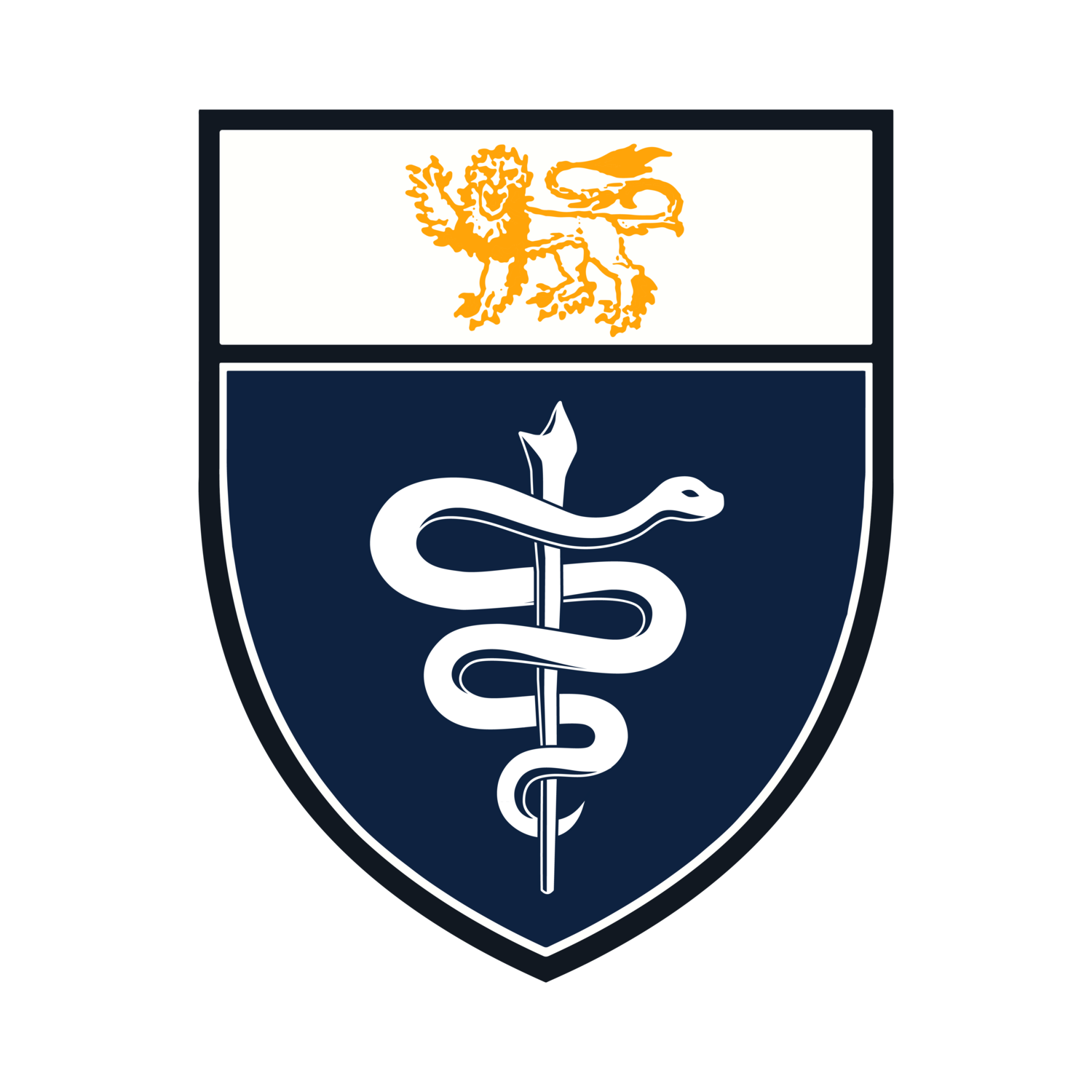Operation “Big Sister, Big Brother” seeks to provide children who have suffered past abuse or neglect with strong, enduring friendships with trained student volunteers who can serve as role models for these children and help them reintegrate back into society.
It is an initiative by a group of students from Yong Loo Lin School of Medicine and Alice Lee Centre for Nursing Studies, and functions as a tripartite collaboration between YLLSoM/ALCNS, KK Women and Children’s Hospital and Ministry of Social and Family Development.














